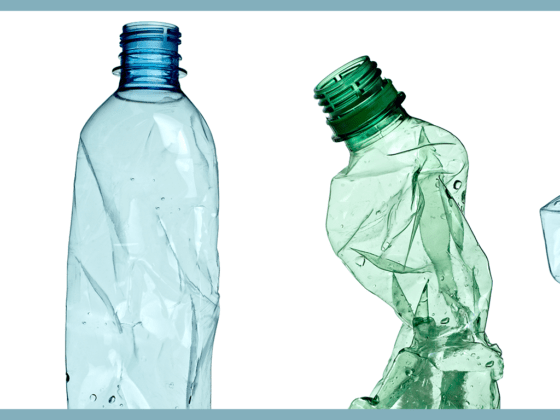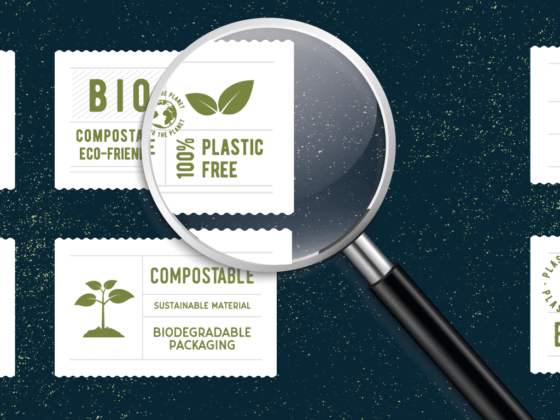The trend is unbroken: With ever new collections for little money, international cheap fashion producers are firing up the clothing market. The result: textiles are often of inferior quality, short-lived and unsuitable for recycling. The social aspects are also devastating: The seamstresses in the Asian production countries are treated and paid inhumane – which is no wonder in view of the cheap prices for fast fashion in this country.
The EU has reacted, tightening the eco requirements for textiles. Excerpt from the Brussels strategy paper: “By 2030, textiles offered in the EU will be durable and recyclable. They will consist largely of recycled fibers and be free of hazardous substances. In addition, they will be produced under high social and environmental standards.”
Other core contents of the EU strategy:
- Introduction of circular value chains
- Ending overproduction
- Measures against the release of microplastics
- Introduction of extended producer responsibility with regard to waste production.
Sounds good, but still takes time: after all, our clothes do not have to be sustainable until 2030. Here, it’s worth taking a look at France. Our neighboring country – by no means always an ecological role model – is in the fight against the fast fashion global pioneer.
France takes manufacturers of textiles to task
The basis is the French law on waste control and circular economy. In it, there is a ban on the destruction of unsold consumer goods. Since 2022, unsold textiles may no longer be destroyed, but must be donated or recycled. The environmental directive is also called the EPR directive. EPR? This refers to Extended Producer Responsibility. Thus, the manufacturer is responsible not only until the sale but over the entire life cycle for its goods, and must pay, for example, for recycling.
Investigative report revealed how Nike simply shredded new sneakers
There are good reasons for France’s strict laws. Just last year, research collective Flip revealed in its podcast series “Sneakerjagd” that sporting goods manufacturer Nike simply had new shoes shredded when they were returned to the company as returns. Read the story again here.
An NGO organizes a take-back system for textiles in France
To get the cycle going for textiles, France has authorized a non-governmental organization to create a recycling system for textiles. Refashion is the name of the NGO. Retailers must register with it, and it is financed by the licensing fee. Refashion is responsible for the collection and sorting of textiles.
By the way, Sweden will also introduce an EPR law for textiles from 2024 on. What you can do here with us today to combat the fast-fashion trend, read here.
 English
English Deutsch
Deutsch




